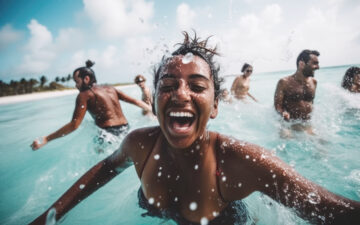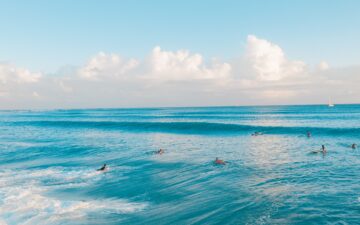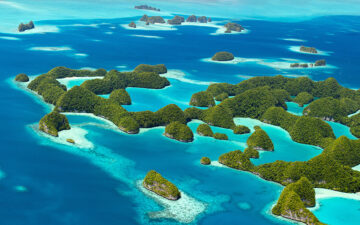Community Ocean Engagement Global Initiative
The Ocean Foundation’s Community Ocean Engagement Global Initiative (COEGI) is dedicated to supporting the development of marine education community leaders and empowering students of all ages to translate ocean literacy into conservation action.
Our vision is to create equitable access to marine education programs and careers around the world.
If more marine educators are trained to teach people of all ages about the ocean’s influence on us and our influence on the ocean – and in a way that effectively inspires individual action – then society as a whole will be better equipped to make informed decisions that protect ocean health.
Our Philosophy
We can all make a difference. Ocean literacy gives us the knowledge to protect, conserve, and restore ocean health.
Each of us has a role to play.
Our first step is making sure that the marine education community reflects the broad array of coastal and ocean perspectives, values, voices, and cultures that exist around the world. Those who have traditionally been excluded from marine education as a career pathway – or from the marine sciences in general – need access to networking, capacity building, and career opportunities in this field. This requires proactively reaching out, listening, and engaging diverse individuals both within and beyond the field of ocean literacy.
Photo courtesy of Living Coast Discovery Center
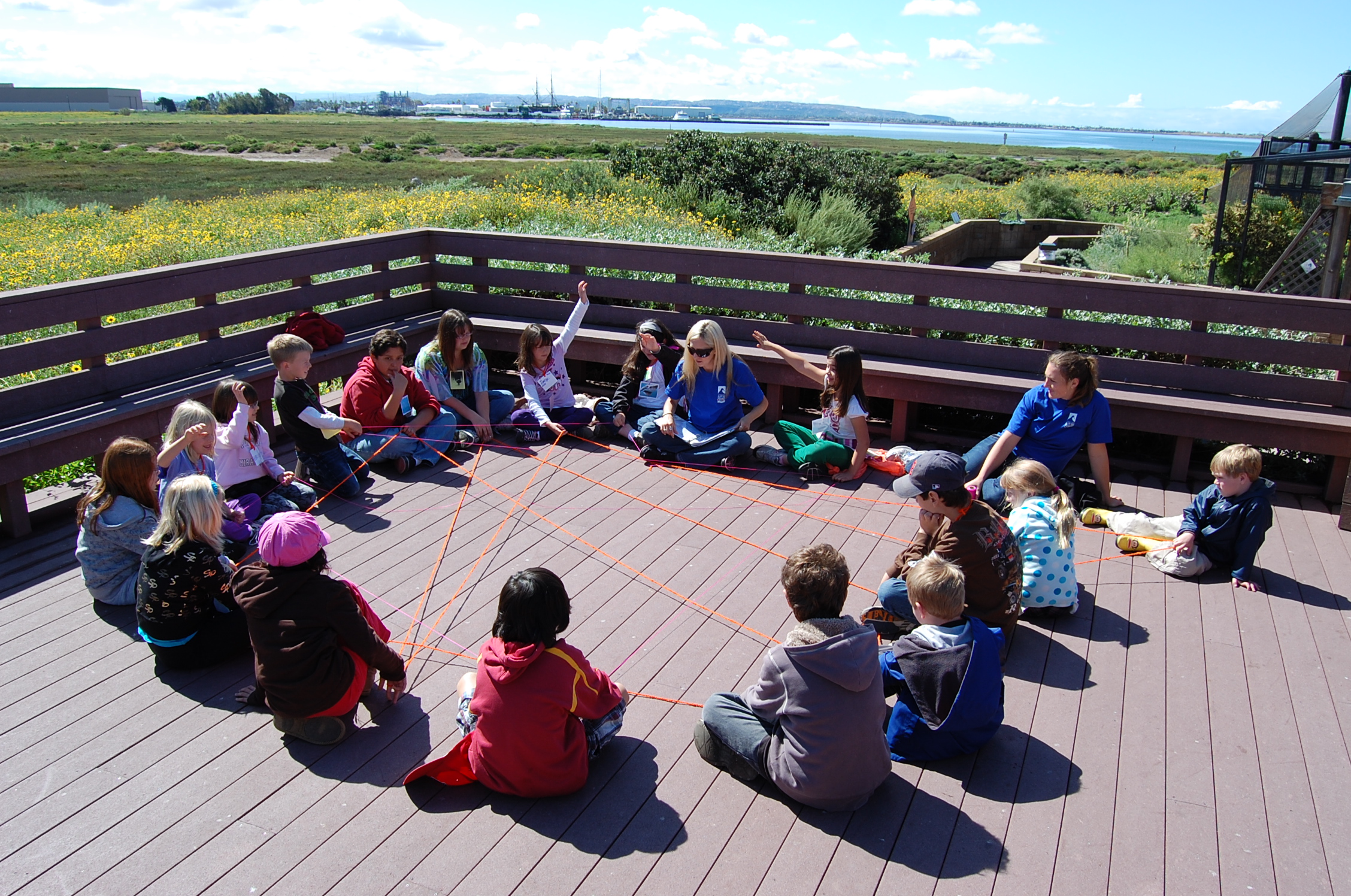
For the next generation to manage the effects of a changing ocean and climate, they need more than basic education and training. Educators must be equipped with the tools of behavioral science and strategic communications to influence decision-making and habits that support ocean health. Most importantly, audiences of all ages need to be empowered to take creative approaches to conservation action. If we all make small changes in our everyday lives, we can see colossal change.
Our Approach
Marine educators can help develop more ocean literate people. However, the solution is not as simple as just understanding more about our relationship with the ocean. We need audiences to be inspired to incorporate conservation action from wherever they sit by shifting our focus toward optimism and behavior change. Ocean literacy needs to be accessible to everyone.
Our Work
To provide the most effective educational training, COEGI:
Works with educators and community leaders
to incorporate the key elements of ocean literacy into their existing curricula, installations, or programs, with an emphasis on individual action to solve local conservation problems. Participants, primarily early-career and aspiring marine educators, are trained to deliver effective, action-oriented lessons tailored to meet the unique needs of their target audience, which may include: K-12 Students, Community Members, Outdoor Enthusiasts, Tourists, Volunteers, and the General Public.
Who are Marine Educators?
Marine educators work in a variety of creative ways to teach ocean literacy. They can be K-12 classroom teachers, informal educators (educators that deliver lessons outside of the traditional classroom setting, such as in the outdoors, community centers, or beyond), university professors, or scientists. Their methods may include classroom instruction, outdoor activities, virtual learning, exhibit presentations, and more. Marine educators play a vital role in helping to advance global understanding and protection of marine ecosystems.
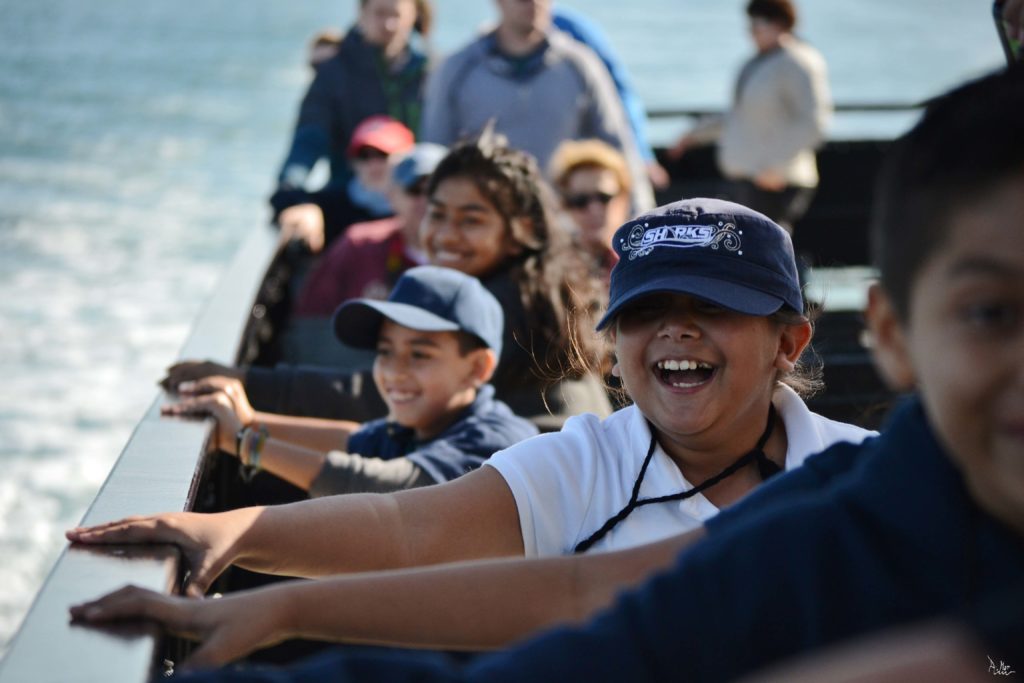
Builds lasting relationships
between educators from different regions and across disciplines. This community-building approach helps participants establish a network to open doors for funding, job opportunities, and professional growth.
Photo courtesy of Anna Mar / Ocean Connectors
Trains and Empowers Individuals
who are typically underrepresented in the field of marine education, to create a window of opportunity for career paths they may have never considered before.
In the years to come, we also strive to influence job creation and preparation by hosting workshops, introducing COEGI “graduates” to our global network, and funding community-based education projects, enabling our trainees to spread ocean literacy even further.
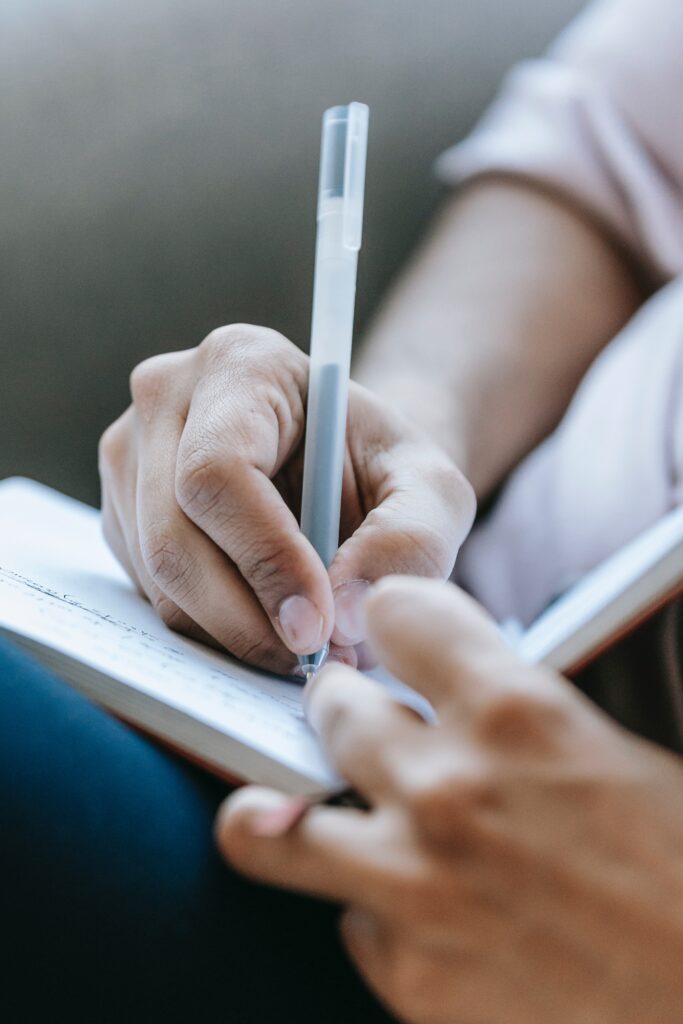
As a community foundation, we develop networks and bring people together. This starts by allowing communities to define and dictate their local needs and their own paths to effect change. COEGI is recruiting mentors from diverse populations to match with our mentees and build a community of ocean literacy practitioners that share information and lessons learned across careers.
The Bigger Picture
One of the most significant barriers to progress in the marine conservation sector is a lack of real understanding of the importance, vulnerability, and connectivity of ocean systems. Research shows that the public is not well-equipped with knowledge about ocean issues, and access to ocean literacy as a field of study and viable career pathway has historically been inequitable.
COEGI is part of The Ocean Foundation’s contribution to a larger global community of people working to educate and promote action for ocean health. The deep, lasting relationships developed through this initiative will uniquely position COEGI participants to pursue successful marine education careers, and will contribute to making the overall field of ocean conservation more equitable and effective for years to come.
To learn more about COEGI, sign up for our newsletter and check the “Ocean Literacy” box:
Resources
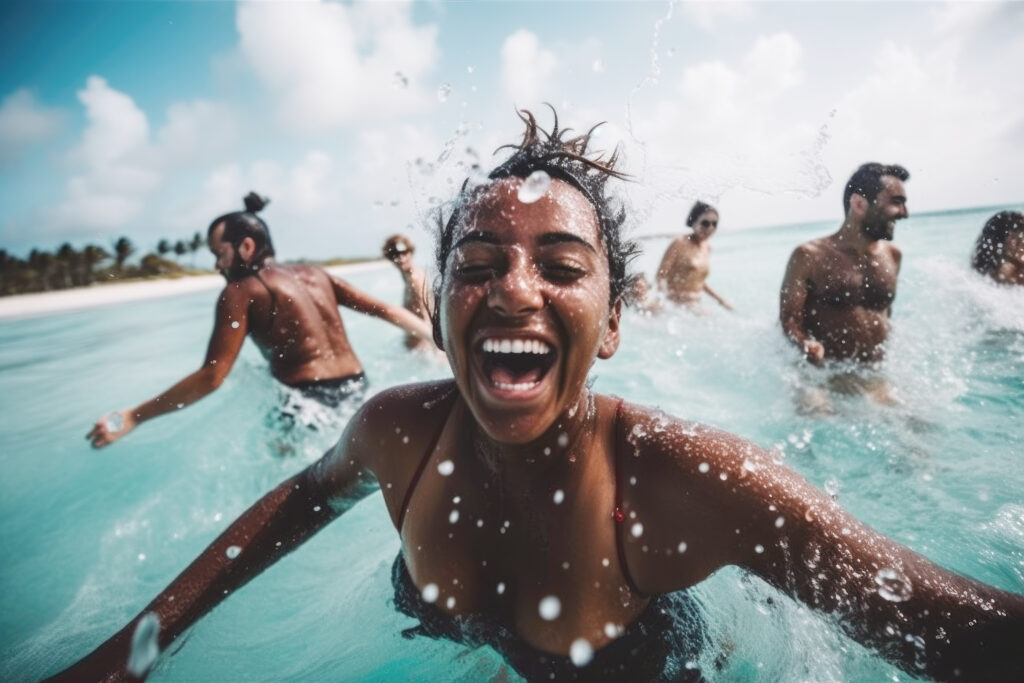
Youth Ocean Action Toolkit
The Power of Community Action
With support from National Geographic, we collaborated with young professionals from seven countries to develop a Youth Ocean Action Toolkit. Created by youth, for youth, the toolkit contains stories of Marine Protected Areas around the world.
READ MORE
CLOSED – Request for Proposals: Local Coordinator to Advance Ocean Observing in the Federated States of Micronesia
TOF is seeking a local coordinator for a project to advance ocean observing capacity in the Federated States of Micronesia.
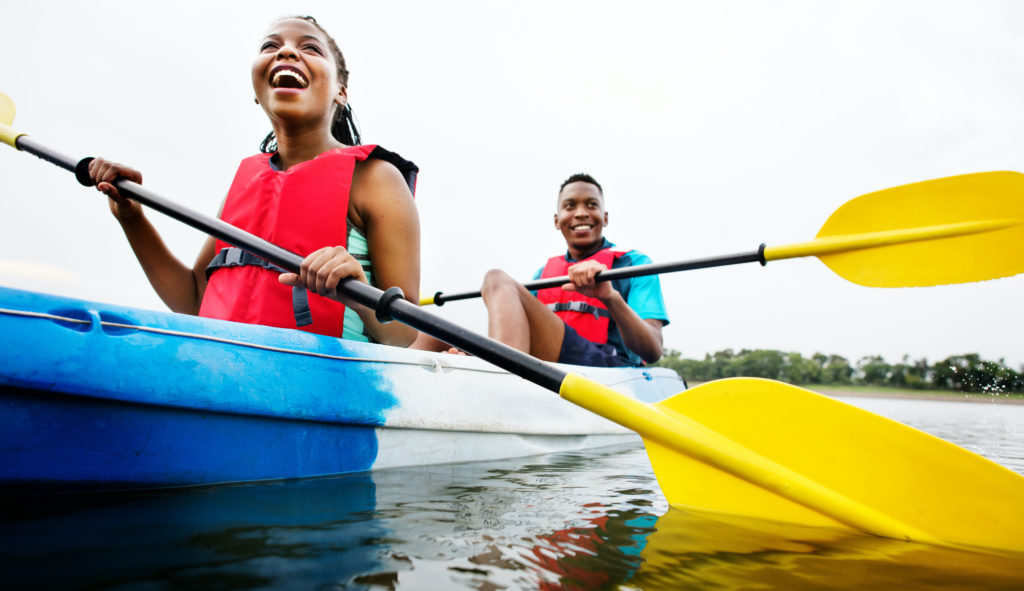
Ocean Literacy and Behavior Change
Research Page
Our ocean literacy research page provides current data and trends regarding ocean literacy and behavior change and identifies gaps that we can fill with COEGI.
MORE RESOURCES
Marine Educator Assessment Results | Capacity Building | GOA-ON | Pier2Peer | All Initiatives
RELATED SUSTAINABLE DEVELOPMENT GOALS (SDGs)

